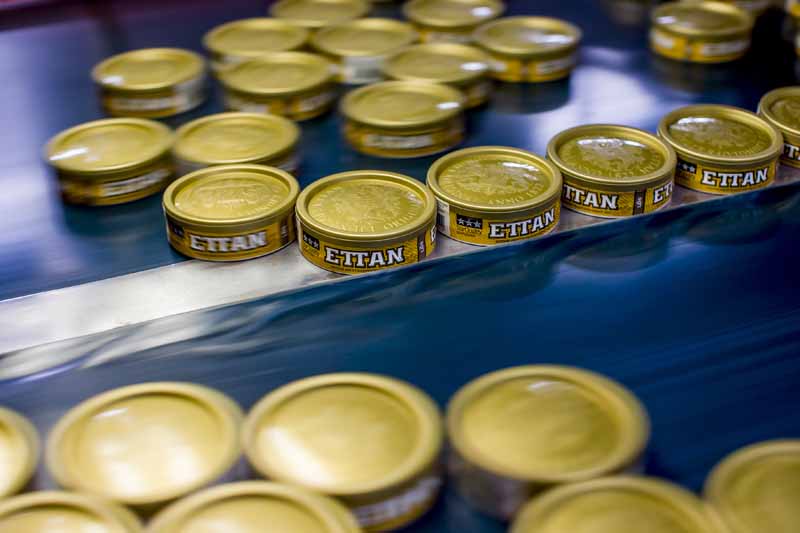The fundamental right to health in the UK will be lost if the government proceeds with its plan not to convert the EU Charter of Fundamental Rights into UK law, as announced in the white paper on the Great Repeal Bill, according to an editorial in the British Medical Journal by Peter Roderick and Allyson M. Pollock
‘The value of this charter was shown last year, in both EU and UK courts, when the tobacco industry unsuccessfully challenged the new rules on plain packaging of cigarettes,’ the editorial said.
‘One of the industry’s arguments was that the rules violated its rights. Both the EU Court of Justice and the High Court in London used the right to health in article 35 of the charter as a counter weight to that argument.
‘Mr Justice Green made the strongest judicial statement yet in the UK on this critical point: [Tobacco regulations] are health measures. This is an area of legislative activity to which immense importance is attached and legislatures and decision makers are habitually accorded a wide margin of appreciation. Health is recognized as a fundamental right. Article 35 of the Fundamental Charter identifies access to health care as a fundamental right but also [original emphasis] makes a statement as to the weight to be attached to this right, namely “high.”‘
The editorial said that the government’s proposal not to maintain the fundamental rights charter meant that after Brexit it would not be possible for a UK judge to use article 35 or other charter rights when interpreting UK laws that had derived from the EU. ‘These include laws to protect public health such as on pesticide residues in food, health and safety at work, management and disposal of hazardous substances, regulation of medicinal products, and air and water quality,’ it said. ‘The change will considerably weaken the ability of judges in future to uphold the law if it is challenged by industry in the courts.’
The editorial is at: http://www.bmj.com/content/357/bmj.j2013.











